Students in the JD/MBA Program have access to a wealth of academic and professional experiences. In these profiles, alumni share stories about their time in the classroom, at internships, and throughout their careers.
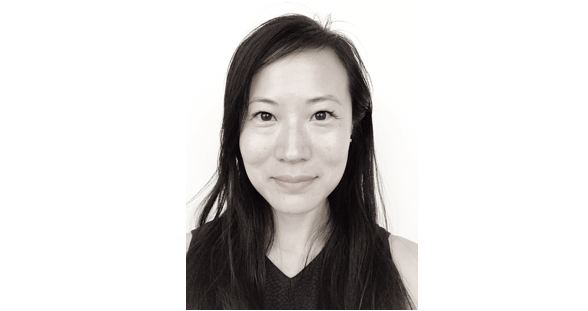
Sujean Lee JD ’10 MBA ’10
Building consumer brands through creative leadership
Sujean Lee served as chief operating officer of Momofuku Milk Bar, where she ran all facets of the global dessert business spanning e-commerce, brick-and-mortar, and brand experiences. She oversaw 400 employees nationwide, and built the small bakery into a household consumer brand. Previously, she was senior vice president of corporate affairs at Chobani, where she also co-founded the Chobani Women’s Leadership Forum and was founding president of the Chobani Foundation. Sujean began her career in the federal government, serving as assistant staff secretary to the president at the White House. She graduated from Harvard University, where she was the first Asian American student body president. Sujean is the daughter of Korean immigrants, and was born and raised in New York City. She surfs, and is a certified yoga and meditation teacher.
What attracted you to the dual JD/MBA degree, and to Columbia in particular?
My experiences in student government during college inspired me to move to DC, and I loved my work at the White House. But I honestly had no idea what I wanted to do next. The dual JD/MBA seemed like a great way to figure that out. I knew I would learn a wide range of topics—everything from contract negotiations and tax law to entrepreneurship and brand marketing. I was drawn to the versatility of the JD/MBA, both in its coursework and its extracurricular activities. As a New Yorker, I was excited to come back home to New York City. There’s nothing quite like having all of Manhattan as your campus.
How has your JD/MBA helped you through your career?
The JD/MBA sparked my passion for entrepreneurship and gave me a holistic understanding of what it takes to launch and scale a company. On the one hand, law is such an integral part of building a business. As COO, for example, I negotiated operating agreements, financing documents, leases, employment contracts, and strategic partnerships. And at Columbia Business School, I learned about innovation, leadership, and branding—not just conceptual frameworks but also real-life case studies about companies that have succeeded and failed. Completing both programs helped shape me into a creative and adaptable business leader.
What aspects of your work have you found most rewarding, and why?
It’s rewarding to know you’re making a meaningful impact. At the White House, I helped prepare the president’s briefing books, and knowing that I was putting together important information for the president and his senior staff was fulfilling every single day. As a business executive, I’ve helped shape consumer brands through storytelling, strategy and execution, and team building. I start by identifying a deeper purpose or vision that the brand is trying to achieve—it could be encouraging a healthy lifestyle, or celebrating everyday moments—and infusing that sense of meaning into brand communications as well as the company culture. And it’s a privilege to be able to build a talented, authentic, and hard-working team, and to create a positive and collaborative work environment.
What advice would you give to current and aspiring JD/MBAs?
- Take the time to identify what you enjoy doing and what you’re good at—and do more of that. Playing to your strengths helps keep you energized and fulfilled.
- Take advantage of every opportunity to make meaningful personal connections. Don’t be afraid to initiate a conversation, and follow up afterwards. Don’t wait.
- Make yourself a priority. No matter how busy you are with school, work, or family obligations, carve out time every week—whether it’s yoga or journaling or running—to recharge and reenergize. These breaks make you more productive—and even inspire more creativity.
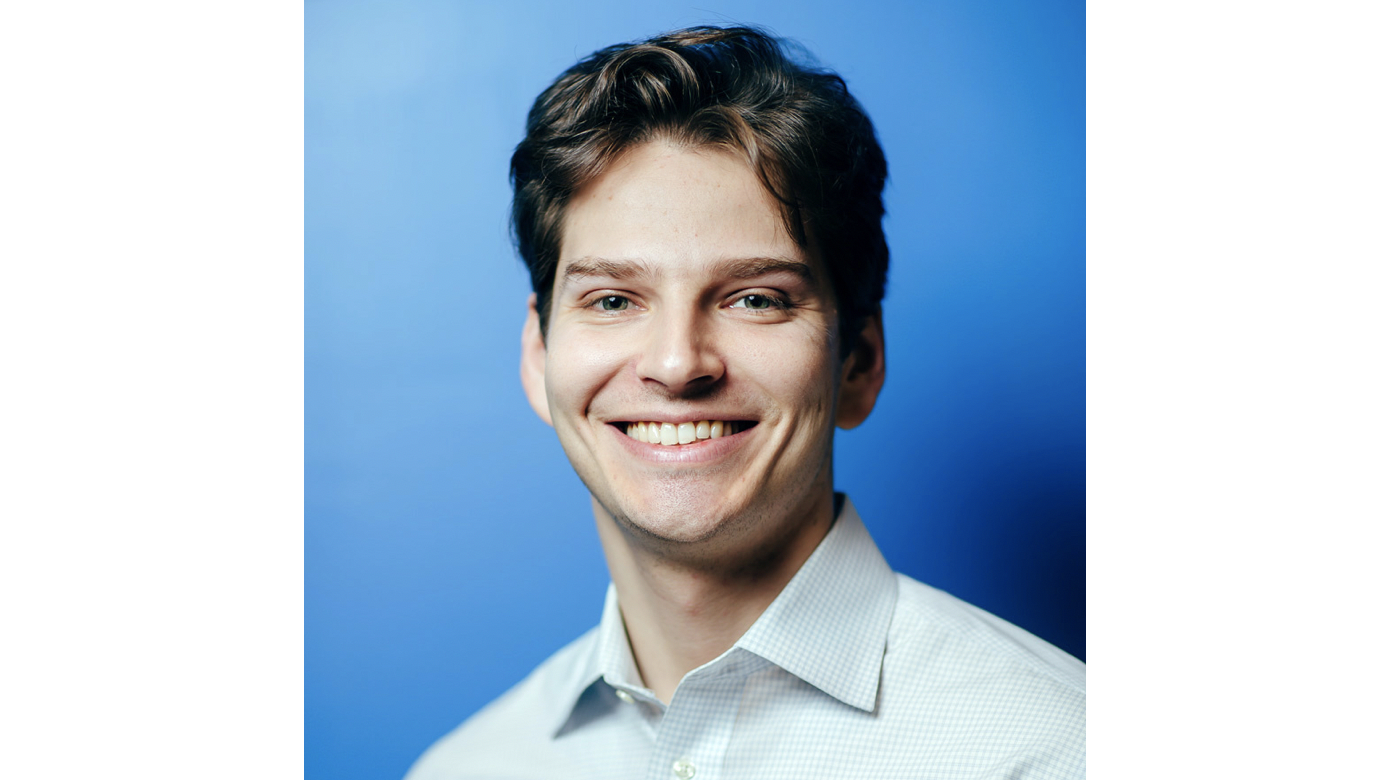
Lex Sokolin JD '13 MBA '13
Entrepreneurship in finance, media, and tech
In his own words, Lex Sokolin is an entrepreneur passionate about the intersection of financial services, new media, and technology. Before entering the JD/MBA Program at Columbia, he worked in investment management at Lehman Brothers and Barclays. As a JD/MBA student, Lex founded roboadvisor NestEgg Wealth, which was subsequently acquired by AdvisorEngine. In 2016, InvestmentNews named Lex among its 40 Under 40, and ThinkAdvisor included him in its Investment Advisor 25 list, dubbing him the “fintech futurist.”
Lex is currently a partner at Autonomous, a specialized research firm serving investors in financial companies, and focuses on leveraging digital innovations to help investors make better decisions.
What attracted you to the JD/MBA Program?
There are two separate answers to this question. The first is a story about how I had been crafting my experience and where I wanted to go. The financial, political, and legal worlds had been intellectually compelling to me from an early age. I went to Hunter College High School in Manhattan and was part of the Federal Reserve Challenge (an economics team), a Washington seminar (a policy team), and a constitutional law class that we at the school were lucky to have. When I arrived at Amherst College, I chose economics and legal thought as my majors, with a bit of time spent in political science. There must be some wiring in my brain to look for quantitative social disciplines that create frameworks around human activity.
I was curious about the skills needed to run large financial services institutions and thought that the legal skill set, when combined with a deep understanding of how finance works, can allow one to become a great CEO, private equity investor, or even an entrepreneur. I had seen people with exactly such an education in very powerful roles on Wall Street. And of course, Columbia is at the heart of this world, both on the legal side and in financial services. It is the university most plugged into the heart of New York City, opening doors to institutions of every kind and size for its students and alumni.
The second story, one that usually remains unsaid, is that of prestige. Well performing students all over the world spend years motivated by grades and brands. I was no exception, and thought that the Columbia brand was a great signal to the world about how capable I could be.
How has your JD/MBA degree helped you through your career?
My degree has been immensely helpful from a practical point of view. Merely having four years in an academic setting created a space for me to innovate while leveraging the broader community at Columbia for help and support. Several Columbia professors were the advisors at my start-up, NestEgg, and students from the Business School and Law School were either cofounders or meaningful contributors.
In terms of the legal skill set, as an early stage founder, I was constantly touching legal documents—our incorporation, fundraising documents, governance documents, technology licensing agreements, and more. When the company was acquired, I had the pleasure of performing legal cleanup as well. While law school does not fully make you a lawyer, it definitely gives you the tools to get scrappy. And once my startup did have legal counsel, I had the ability to ask the right questions.
Regulatory knowledge is also highly useful in the digital wealth world. Whether you are in banking or payments or investment management, you are handling people’s money. That is an awesome responsibility, and one that is quite difficult to navigate. Our firm was at one point a registered investment advisor and regulated by the Securities Exchange Commission, which meant that we were responsible for annual regulatory filings. Furthermore, since we were bringing an automated approach into a highly human-driven area, there was necessary interpretation of regulations to decide what the firm should or should not be doing.
I feel the need to defend the legal part of my education because the usefulness of the MBA is much more obvious. At the Business School, I particularly benefited from a focus in corporate valuation and theoretical investment management. As a roboadvisor, or at the very least a software platform that provides such capability to others, knowing what asset classes are and how they fit into allocations is table stakes. You can’t sell an investment product if you don't know how it’s made!
What aspects of your profession do you find most rewarding, and why?
My current position at Autonomous has been a ton of fun, coming after an intense period of time in an operating role dedicated to wealth management. Autonomous interfaces with institutional investors and large financial incumbents, which are quite hard to access as an early stage company. I enjoy the ability to have conversations with smart people across the industry, but have also stayed grounded in the early stage ecosystem, because I believe this drives the innovation curve across the real economy.
In my role as partner, I look at edge technologies like artificial intelligence, blockchain, cryptocurrencies, roboadvice, neobanks, insurtech, and others that are shaking up finance. And a research perspective allows me to take the time and find real answers. If I know the world is going to change in a particular way in 5–10 years, how can I carve a path from that future back to today? There is a real satisfaction in being able to work out the answers, even for yourself, in a way that is rigorous and defensible.
And having that conversation with others navigating the world can be very rewarding—especially as your audience grows. More recently, I focused on public speaking, the elements of persuasion, and growth-hacking as places for improvement. The world is increasingly being structured around attention, not products. Even if your product is good or your machine works, it only matters if people know about it and feel compelled to participate in it with you. So storytelling is an incredibly important part of my work.
What advice would you give to current and aspiring JD/MBA students?
First of all, remember that you may be ready to do your own work much earlier than you think. Want to be in private equity? Buy some websites in niche verticals with your friends. Interested in hedge funds? Crypto assets are volatile, liquid, and on 24/7. Want to run a company? Start one right now. Taking all of your learning and structuring and pointing it at a business problem is very powerful. And practical experience will only make your story stronger to employers. Remember that optimizing around a recruiting process and success in the open market are quite different.
And second, go where people do not yet know the answers. It will give you a chance to write the constitutions and build the visions.
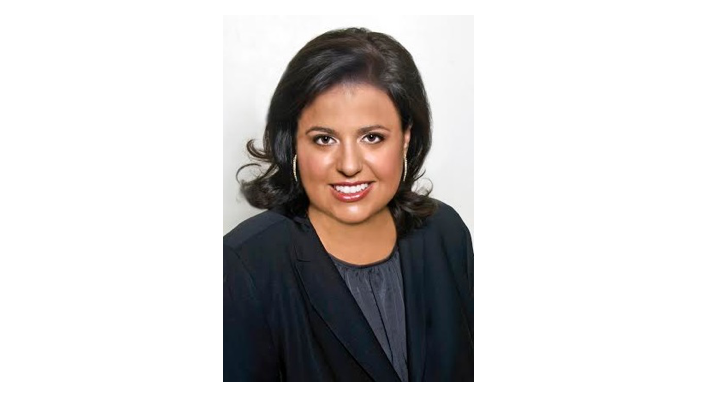
Margaret Isa Butler JD '01 MBA '01
A powerhouse of transactional law
After completing a bachelor’s degree in social studies from Harvard, Margaret Isa Butler enrolled in the JD/MBA Program at Columbia, where she earned recognition as a James Kent Scholar and served as senior editor of the Columbia Law Review. Margaret focused on M&A and private equity deals as a lawyer upon graduating, and complemented her legal expertise with experience in investment banking. Margaret is currently a partner at the firm Ice Miller, focusing on mergers and acquisitions, joint ventures, and alternative investments.
What attracted you to the JD/MBA Program?
I discovered my passion for business transactions when I read Barbarians at the Gate: The Fall of RJR Nabisco, which tells the story of the leveraged buyout of RJR Nabisco. I pursued the JD/MBA because I was eager to understand all the factors that drive and shape a deal—strategy, valuation, financing, tax, antitrust, securities law, currency considerations… I still get excited talking about it! As for why I chose Columbia—I didn’t want to leave New York City. Once I arrived, I was so impressed by the quality of the teaching and the strength of the network that I convinced my husband to pursue his own MBA at Columbia.
How has your JD/MBA degree helped you through your career?
The JD/MBA has allowed me to reinvent myself over the course of my career. After practicing law for five years, I decided to try my hand at investment banking. Although I eventually returned to the practice of law, the cross-training accelerated my professional development. My current role as a law firm partner requires me to think broadly about my practice and my industry, and to function as a leader—all things I learned in the MBA program.
What aspects of your profession do you find most rewarding, and why?
I’m a deal junkie, so I really enjoy the problem solving—basically, connecting the dots between what my client wants, needs, or cares about and the best outcome I can deliver. I also enjoy working with, and continuing to learn from, incredibly smart and creative people.
What advice would you give to current and aspiring JD/MBA students?
- Practice like you play because you’ll play like you practice.
- It’s a marathon, not a sprint.
- Your job is to find the right balance between 1 and 2.
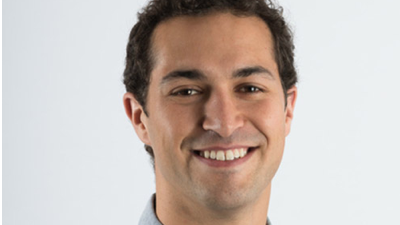
Lee Cooper JD '15 MBA '15
Combining healthcare and entrepreneurship
What motivated you to pursue the JD/MBA Program?
I have always been a believer in the power of interdisciplinary thinking to spark creativity and systems thinking, no matter the field you want to impact. A JD/MBA from Columbia offered me a world-class education that would also be practical for my career.
Did you have work experience prior to Columbia?
Prior to Columbia, I was based in the Boston area, working as a strategy consultant to biotech and pharma clients. I also had some prior experience working in Latin American economic development.
Why did you choose to work at Allazo Health during your 1L summer?
Allazo Health was on the cutting edge of using machine learning to improve health outcomes by promoting better medication adherence. I believed in the founder’s mission and the importance of medication adherence, and I wanted to wear some different hats at a health technology startup. Allazo was based out of Blueprint Health, and it was fun working for the summer in an incubator and co-working environment. Additionally, I had an interest in pursuing an internship at a large law firm for my 2L summer, so working in a non-legal role for my 1L summer was important to me.
While at Allazo, I worked on business development and operations, which meant a host of different projects like revamping the investor pitch, redesigning the company website, analyzing the epidemiology of certain therapeutic areas, and publishing a white paper on medication adherence.
Why did you choose to work at Goodwin Proctor during your 2L summer?
Goodwin is a great law firm that takes particular pride in its technology, life sciences, and private equity practices. They also have offices in Boston, Silicon Valley, and New York. The Goodwin name came up frequently in a positive light in my research related to the biotech industry, including in a blog post from a leading venture capitalist who noted that the Goodwin team helped his firm produce a creative deal structure for one of their companies. I also had a sense that many of the larger New York–based financial firms would not be the right cultural fit for me.
I had a great experience at Goodwin with projects like supporting an S-1 filing for an IPO, drafting a private placement memo, drafting a Series B term sheet, and writing a memo on regulatory issues.
Where did you choose to work after graduation, and why?
My job out of Columbia was in corporate development at Moderna Therapeutics. I am now working as an entrepreneur-in-residence at RA Capital, a healthcare-focused investor in Boston.
Moderna was a fast-growing biotech startup, trying to develop new medicines with cutting-edge technology. I liked that Moderna would allow me to help advance new medicines across oncology, infectious disease, and rare genetic disease.
My work included licensing transactions, equity financing, government contracts, and operational partnerships. There was an interesting blend of law and business because my job involved negotiating contracts tied to underlying business needs for building a company and developing new technologies.
What advice would you give to current and aspiring JD/MBA students?
The best careers are rarely linear, and life is precious. Do things that help you find meaning, make the world better, and constantly prepare you to be the person you want to be. I think certain traditional legal paths can be incredibly rewarding and intellectually engaging, but I knew that they probably were not the best choice for me in the long-run. Luckily, a Columbia JD/MBA can be great preparation for so many things, so enjoy the process!
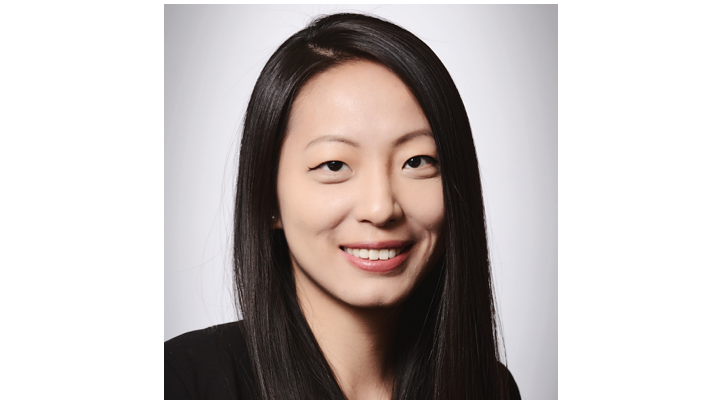
Jennifer Zhou JD '17 MBA '17
Exploring a wealth of options in business and law
What motivated you to pursue the JD/MBA Program?
Before Columbia, I was an analyst in Citi’s corporate and investment banking department for two years, covering global technology companies. I knew transactions were what I wanted to pursue as a career—debt issuances, convertibles, common equity, M&A, etc. At the same time, I realized how intertwined the business and law worlds are in the context of transactions. I wanted to holistically understand the projects that I was working on, to be able to comprehensively consider all relevant factors when evaluating the structuring and timing of a strategy—from both the financial and legal perspectives. Therefore, I chose a graduate program that would allow me to hone and develop both of these skill sets.
Why did you choose to work at Bryan Cave during your 1L summer?
Since I had enrolled in the three-year program, I knew that I didn’t have many summers to explore whether I wanted to ultimately pursue law or business as a career. With the consideration that students generally return to their 2L summer employers and accounting for the fact that I had never worked at a law firm, I decided that my 1L summer internship would be my only opportunity to try this path. I probably sent out around 150 emails asking whether firms had a 1L spot for an aspiring associate. I found Bryan Cave through the NYC Bar Diversity Fellowship program that is offered through the Law School over the 1L winter break.
I worked on many different things at Bryan Cave—an amendment to a credit agreement consenting to delayed prepayment of a loan, a 50-state survey of money transmitter licensing laws for virtual currencies, an article about the legal duration of non-disclosure agreements, and pro bono assignments regarding the International Criminal Court.
Why did you choose to work at Goldman Sachs during your 2L summer?
After some time at both Columbia Law and Columbia Business, I realized that I do love numbers and decided to choose a job that was technically numerical. At Goldman Sachs, I worked on a sell-side M&A transaction involving Cox Target Media and Platinum Equity Partners, comparable companies analysis of an internet company, and a buy-side assignment for a company in the hotel space.
What brought you back to Goldman Sachs after graduation?
Again, I love working on numerical analysis. Additionally, in banking, I was able to work with clients and perform in a client-facing role sooner. Even as a summer intern, I went on business trips and became well acquainted with the management of the company that we were trying to help sell. Lastly, I love the fast-paced and exciting banking environment. I love that no day is like the previous one. Some days, you have time to leisurely work through assignments and go to the gym. Other times, usually right before a deal announcement, you are extremely busy for weeks working towards a resolution. I recently worked on a restructuring project, which ended with convertible debt and equity follow-on issuances. It was extremely exciting to see how quickly changes can happen. Over just a couple of weeks, our advice drastically changed the capital structure of a company and saved it from default.
What advice would you give to current and aspiring JD/MBA students?
Explore all of your options before deciding on a path. Post-graduation, the opportunity to switch careers becomes significantly more limited. During your summer internships, do not only think about your performance, but also evaluate whether the career and the firm are right for you. Focus on speaking to senior employees, and attend all of the networking events. Through those conversations, consider whether you see yourself interested in the work years down the road, and whether you are willing to make the sacrifices to get to partner, vice president, managing director, etc.
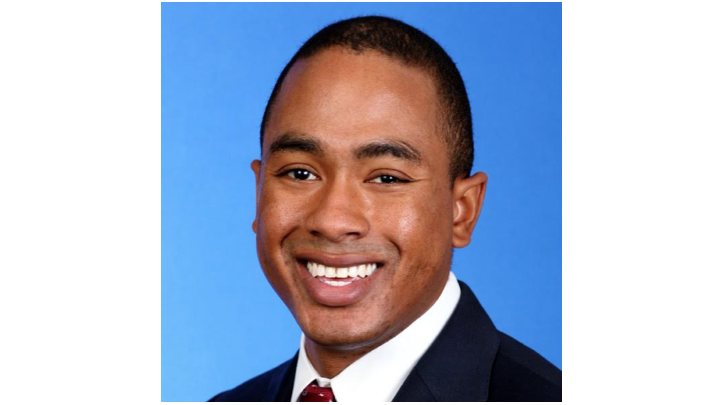
Alan Dockeray JD '16 MBA '16
Strengthening a foundation in investment banking
What motivated you to pursue the JD/MBA Program?
Prior to enrolling in the JD/MBA Program, I worked in capital markets at Citi, covering municipal bonds. The head of my group had a JD/MBA degree, and I always admired his command of both the legal and financial elements of a given transaction and the nexus between the two. While I understood that a degree would not give me an absolute command of the laws and documents pertaining to financial transactions, I wanted to have legal exposure to gain a greater understanding of the transactions I was handling. Columbia’s JD/MBA Program gave me a lot of confidence in this area, which will have a lasting positive impact on my career.
Why did you choose to work at Linklaters during your 1L summer?
It was great to have the opportunity to work at a firm as a 1L. Linklaters offered a fantastic mix of great people and good exposure to the key practice areas that would be helpful both in business and law. Having exposure to the firm’s private equity, bankruptcy, and capital markets practices gave me a well-rounded experience in several key areas pertinent to the business world.
I was also excited about the international dimension of the firm. Before entering the JD/MBA Program, I primarily focused on the U.S. financial market at Citi, so it was good to add geographic diversity to my experience.
While at Linklaters, I worked on three larger projects in addition to numerous smaller one-off projects. The first project was a database tracking 363 sales and the key elements in each one of the transactions. This was to be used in the firm’s bankruptcy practice to help evaluate ongoing bankruptcy proceedings. The second project was writing an in-depth legal memo on the bankruptcy of a major telecommunications company. The third was to assist an associate working on a live capital markets transaction.
Why did you choose to work at a boutique investment bank during your 2L summer?
After working for a bulge bracket firm for several years, I wanted to experience a boutique bank to be able to decide which environment would be a better long-term fit. I liked the firm's focus on M&A and the ability to work in a small, flat environment. The firm also offered me the chance to work on both bankruptcy and M&A projects, which is rare.
While there, I had two primary assignments for the summer. My first assignment was working on a live sell-side M&A engagement involving an ambulatory surgery company. The other assignment was to look at bankruptcies in the retail industry, identify common driving factors leading the companies into Chapter 7 bankruptcy, and differentiate those from companies that filed for Chapter 11 bankruptcy and were able to recover.
Where did you choose to work after graduation, and why?
I knew that I wanted to go into investment banking and cover either TMT (tech, media, and communications) or consumer/retail banking. Citi offered me the opportunity to work in a group exclusively focused on retail, which best aligned with my personal interests. I also had a strong network at Citi from my prior time at the firm. Further, I really believe in several of the key initiatives that the firm is rolling out for individuals at the analyst and associate levels. It was the combination of these three factors that drove my decision to work there.
How have your JD/MBA degree and internship experience been useful since graduation?
The JD/MBA degree gives me a well-rounded understanding of all the elements of a transaction, rather than just an understanding of the legal or financial elements in isolation. It would be disingenuous to pretend that I have a firm command of all of the legal considerations related to a transaction. That level of command takes many years of actual legal practice to develop. However, I do appreciate the level of comfort I have with some of the key documents that control the structuring considerations surrounding a transaction, which I gained through the JD/MBA Program. I also believe that I am able to better prepare materials for clients because of the writing style that I developed at Columbia Law School. Developing and refining writing skills is one of the most valuable, but often undervalued, parts of law school.
What advice would you give to current and aspiring JD/MBA students?
Don’t chase the herd. There is often a lot of pressure to follow a particular path that will end at a firm, bank, or fund. Each one of these options is highly demanding, and if you don’t actually want to be in a particular field, you will feel miserable along the way. A JD/MBA from Columbia offers a skill set that can open so many doors that you can pursue much more than the expected path. It is daunting to try to understand what you truly want to do while still in school (or even before starting school). Yet soul searching is a process that will allow you to maximize your time in the JD/MBA Program and your career following graduation.
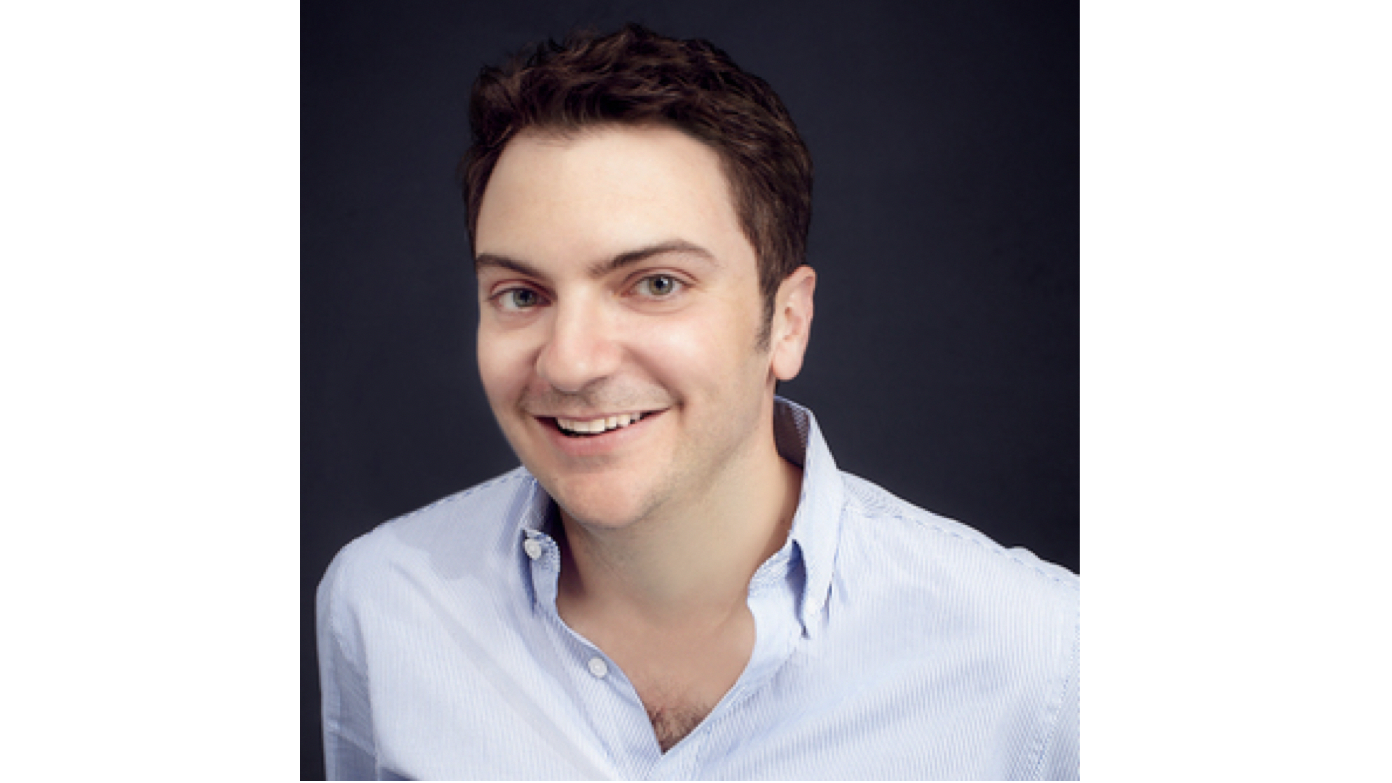
John Saroff JD '05 MBA '05
Charging ahead in the media industry
John Saroff is CEO of Chartbeat, the leading content intelligence platform used by more than 700 of the world’s top media companies in over 65 countries. John has worked on the cutting edge of media and technology for close to 20 years, setting the daily operations and business agendas of companies as diverse as Google, NBCUniversal, and Vente-Privee. Prior to entering the JD/MBA Program at Columbia, John received his undergraduate degree in history from Haverford College.
What attracted you to the JD/MBA Program?
I was attracted to Columbia for two reasons. First, I wanted to go to a university with top-class academics across a variety of disciplines. If I was going to go back to school to get a graduate degree, I wanted to be in an environment where there was academic firepower across the entire campus so that I could just be in an incredibly learned environment and attend talks, meet interesting students and professors, and just nerd out. I also very much wanted to be in New York. I realized that New York would give me a chance to do internships in the industries in which I was interested (media and technology) and would attract peers who were interested in the same thing.
I started my Columbia career as solely a law student, but about halfway through my first semester, I realized that I wanted to add some practical business knowledge to my degree. My goal was to one day have the experience to not only provide legal counsel to companies, but also to develop and manage them from the inside. I applied to the MBA as a 1L student and began the program the next year.
How has your JD/MBA degree helped you through your career?
I was a lawyer for the first year of my career, and then I moved into business development roles, first at NBCUniversal and then at Google. As a business development executive, everything was a combination of the two. At Google, I was responsible for negotiating transactions between Google and media companies. My MBA helped me with a lot of the strategic implications of the deals, and my legal degree helped me close them.
As a CEO, I use both degrees each and every day. A lot of the strategy that we use at Chartbeat is derived from Bruce Greenwald’s Strategic Management of Media class, and each of my executives has read his Competition Demystified. The way we lead people is based largely on Michael Feiner’s Feiner Points of Leadership. My legal degree helps me when I’m working with my sales team to negotiate contracts, with my investors and shareholders in our fundraising efforts, and even with our landlord when our air-conditioning doesn’t work.
What aspects of your profession do you find most rewarding, and why?
Our customers and my colleagues form the best part of my job. We have some of the most influential media brands in the world as our customers, ranging from the New York Times and the Atlantic to ESPN to international brands like Le Monde and NHK. It’s a crazy, rapidly changing time in media, and helping each of our clients navigate their way to success is incredibly rewarding. Our team is also incredible—I learn something new from one of our people each and every day. We have a saying at Chartbeat that “great ideas can come from anywhere,” and we live it each day.
What advice would you give to current and aspiring JD/MBA students?
In the abstract, figure out what you want to do and just go do it. As a Columbia JD/MBA, there are no bounds on your future. Start working on what you are passionate about right away. Don’t pick the “hot” industry—pick the one that’s right for you.
In addition, I would suggest that you find your first job at a company that is growing fast in an industry that you are interested in, and just jump in. Periods of high growth are incredible learning experiences, and they open up new opportunities almost constantly.